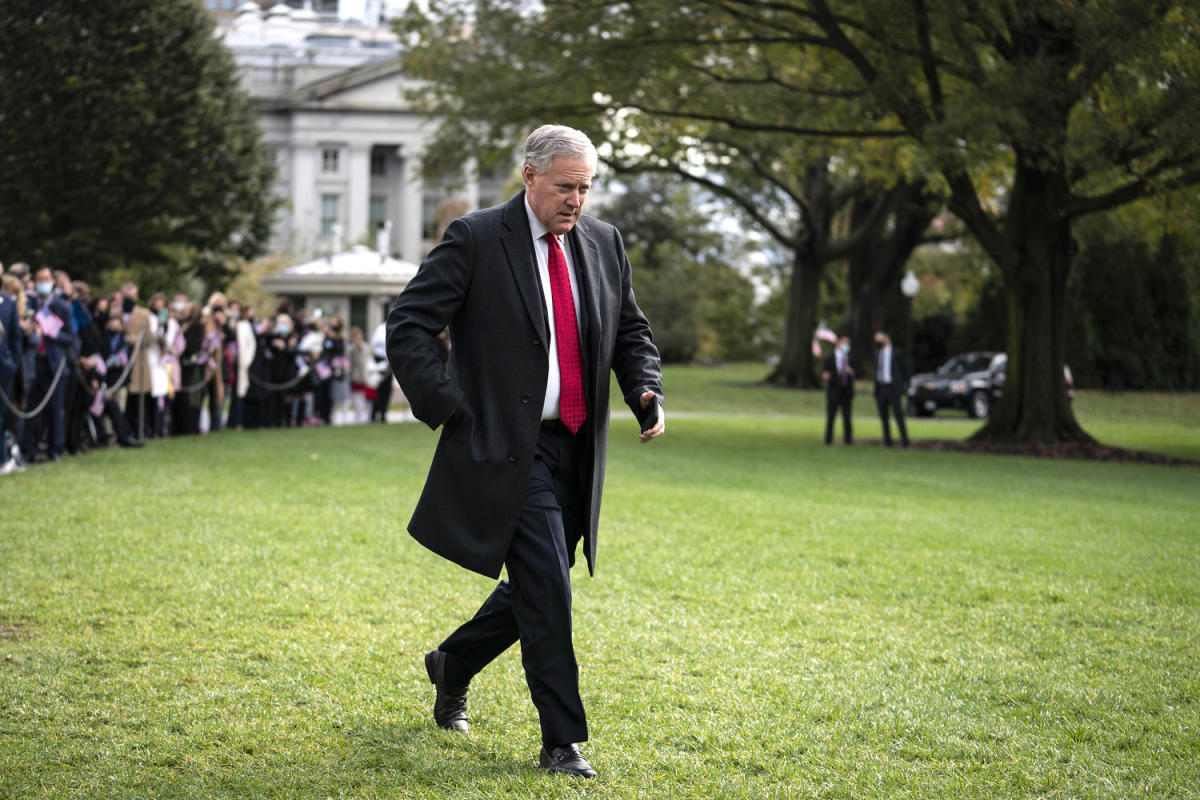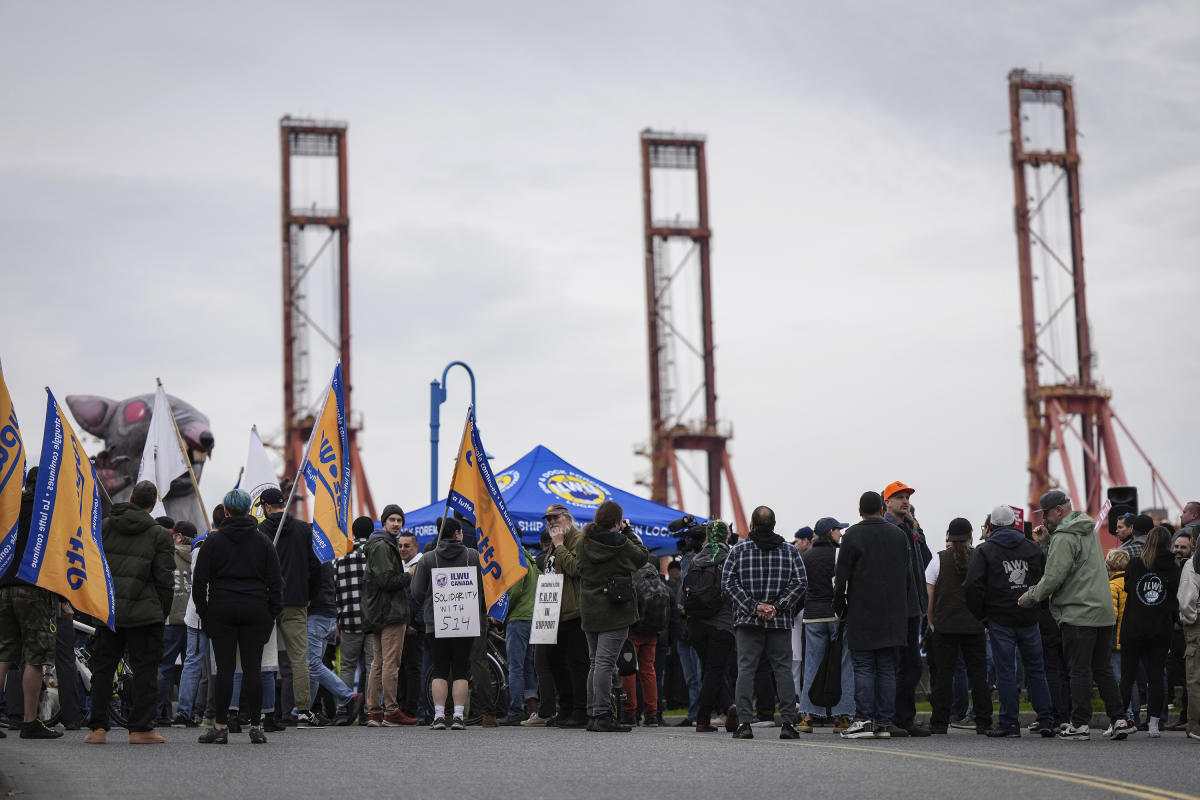
The Supreme Court has declined to take up Mark Meadows’ pretrial appeal in the state election interference case in Georgia. Donald Trump’s former White House chief of staff wanted to move his charges to federal court, in a case in which Trump was also indicted.
The denial came in the high court’s routine order list that published Tuesday morning, which mainly consisted of appeals like Meadows’ that the justices declined to review. As is typical of such denials, the court did not issue an opinion explain why it chose not to take the case.
It’s the court’s latest action in a Trump-related criminal matter, following last term’s decision granting Trump broad immunity in the federal election interference case. Now that both of the president-elect’s federal criminal cases will effectively vanish as he returns to the White House, the Georgia case will be the only one left in which he hasn’t been tried, and he won’t be tried until after he leaves office. (Trump’s sentencing in his hush money case in New York was tentatively scheduled for Nov. 26, but that could also be delayed ahead of his White House return.)
Even if Meadows had won removal to federal court, that wouldn’t have turned his prosecution into a federal case that Trump could get dismissed or issue a pardon for. So what was he after, then?
In Meadows’ petition to the justices, his lawyers cited the Trump immunity ruling. They wrote that that decision “makes clear that federal immunity fully protects former officers, often requires difficult and fact-intensive judgment calls at the margins, and provides not just a substantive immunity but a use immunity that protects against the use of official acts to try to hold a current or former federal officer liable for unofficial acts. All of those sensitive disputes plainly belong in federal court.”
In her brief opposing Supreme Court review, Fulton County District Attorney Fani Willis wrote that Meadows had placed “inordinate reliance” on the Trump immunity case. She noted that Trump’s case involved immunity, while Meadows’ appeal involved the removal issue. Willis further wrote that the Trump immunity case applied only to former presidents, adding that the case hadn’t sought to create a broader “‘Executive Branch immunity’ or otherwise seek to apply to officers such as Petitioner [Meadows], whose role is not prescribed by the Constitution or even mentioned within it.”
Meadows petitioned the justices after his claim was rejected in the lower federal courts, most recently by the 11th U.S. Circuit Court of Appeals. The appellate rejection was authored by the circuit’s chief judge, William Pryor, a GOP appointee who has long been respected in conservative circles. Pryor wrote that former officers such as Meadows can’t move their state cases to federal court.
Notably, he was joined in the opinion by two Democratic appointees, who legally agreed with the outcome but lamented the “nightmare scenario” of not extending removal to former officers. In a concurring opinion, they argued that “not extending the federal-officer removal statute to former officers for prosecutions based on their official actions during their tenure is bad policy, and it represents a potential threat to our republic’s stability.”
The removal issue — which other Georgia defendants also have been pressing — isn’t the only factor complicating the racketeering case, in which Meadows has pleaded not guilty. The 2020 election-related prosecution has been paused as an unrelated pretrial appeal is pending in state court, where defendants are trying to disqualify Willis and her office from handling the case. If that effort is successful, then when and even whether another office or prosecutor takes it over is an open question.
By rejecting Meadows’ appeal, the justices removed one potential complication from the case, but its overall fate remains uncertain.
Subscribe to the Deadline: Legal Newsletter for expert analysis on the top legal stories of the week, including updates from the Supreme Court and developments in Donald Trump’s legal cases.
This article was originally published on MSNBC.com
EMEA Tribune is not involved in this news article, it is taken from our partners and or from the News Agencies. Copyright and Credit go to the News Agencies, email news@emeatribune.com Follow our WhatsApp verified Channel




